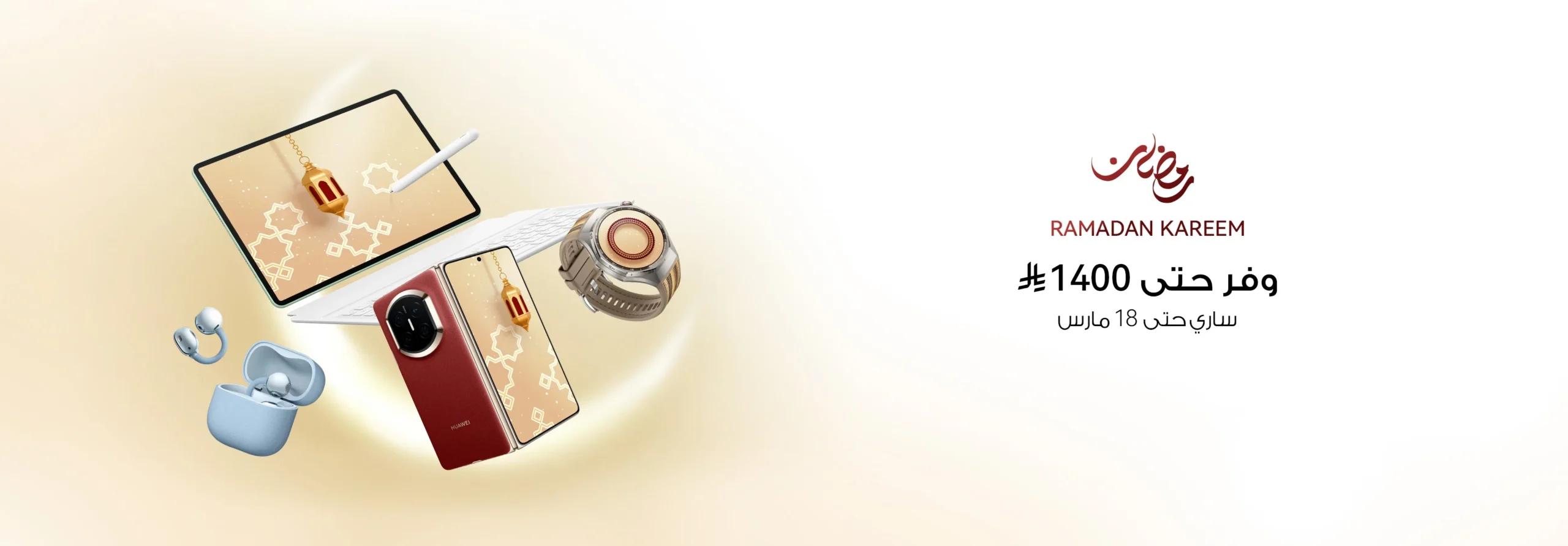Oman is rapidly emerging as a leader in sustainable aquaculture, leveraging innovative feed solutions to boost efficiency and productivity. One such breakthrough is fish soluble paste, a nutrient-dense, liquid-based feed ingredient that is enhancing fish health and growth rates. This high-protein supplement is revolutionizing the industry by improving feed conversion ratios while supporting environmental sustainability.
Aquaculture plays a crucial role in global food security, and Oman has recognized the need for sustainable and efficient fish feed solutions. With increasing global demand for seafood, the industry must adapt by utilizing innovative feed sources such as fish soluble paste. By incorporating this nutrient-rich ingredient into fish diets, aquaculture farms can achieve higher yields while reducing their reliance on conventional fish meal, ultimately creating a more sustainable and cost-effective farming model.
The Nutritional Value and Benefits of Fish Soluble Paste
Fish soluble paste is derived from fish by-products, offering an excellent source of bioavailable protein, essential amino acids, and omega-3 fatty acids. Its liquid form makes it highly digestible, promoting faster growth and better health in farmed fish. Compared to traditional fish meal, this innovative product ensures a more balanced diet, improving immunity and reducing disease susceptibility among aquaculture species.
One of the key advantages of fish soluble paste is its high protein content, which plays a vital role in muscle development and overall fish health. Additionally, the presence of essential fatty acids like EPA and DHA contributes to better cardiovascular function, improved immunity, and enhanced reproductive health in fish. These factors make fish soluble paste an ideal ingredient for aquaculture feed, particularly in high-density farming environments where nutritional efficiency is paramount.
Furthermore, fish soluble paste is rich in vitamins and minerals, including calcium, phosphorus, and B-complex vitamins, which support bone strength and metabolic functions. By incorporating this feed supplement into aquaculture systems, farmers can reduce dependency on synthetic additives while ensuring that fish receive a naturally balanced and highly nutritious diet.
The Production Process and Cost Considerations
The production of fish soluble paste involves hydrolyzing fish processing residues to extract valuable nutrients in liquid form. The process includes enzymatic breakdown, concentration, and sterilization to maintain its nutritional integrity. Cost factors depend on raw material availability, processing technology, and market demand. With Oman’s focus on sustainable fisheries, efficient production methods are optimizing costs while maintaining high-quality standards.
The hydrolysis process is designed to break down proteins and fats into more digestible forms, making the paste an excellent source of readily absorbable nutrients. Once extracted, the liquid is filtered and concentrated to enhance its protein content while removing impurities. Modern processing facilities in Oman are adopting advanced techniques such as enzymatic hydrolysis and low-temperature processing to preserve the nutritional value of the final product.
Cost considerations play a significant role in determining the accessibility of fish soluble paste. Factors such as raw material sourcing, transportation, and processing costs influence the final market price. However, advancements in production efficiency and economies of scale are driving down costs, making fish soluble paste a viable alternative to traditional fish meal for aquaculture farms in Oman.
Sustainable Sourcing and Environmental Benefits
The shift towards fish soluble paste aligns with Oman’s commitment to sustainable fisheries. By utilizing fish processing by-products, this approach minimizes waste and enhances resource efficiency. Advanced production techniques further reduce the environmental footprint by lowering energy consumption and carbon emissions. This sustainable sourcing method ensures long-term viability while supporting the country’s growing aquaculture sector.
Sustainability is a key concern in the global seafood industry, with overfishing and habitat destruction posing significant threats to marine ecosystems. By repurposing fish by-products that would otherwise go to waste, the production of fish soluble paste contributes to a circular economy, reducing environmental impact while maximizing resource utilization.
In addition to minimizing waste, sustainable sourcing practices involve responsible fishing methods that prevent overexploitation of fish stocks. Omani fish processing facilities are increasingly adopting strict sustainability protocols, including traceability measures and compliance with international fisheries management guidelines. These efforts help protect marine biodiversity while ensuring a consistent supply of high-quality fish feed ingredients.
Innovations Transforming Aquaculture with Fish Soluble Paste
Technological advancements are driving the adoption of fish soluble paste in Oman’s aquaculture industry. Improved hydrolysis processes enhance nutrient retention, while advanced preservation techniques extend shelf life without compromising quality. Additionally, ongoing research is refining formulation strategies to optimize fish growth and feed utilization. Companies like Blueline Worldwide are at the forefront of these innovations, ensuring premium-quality products for aquaculture farms.
Innovative production techniques, such as cold-processing technology and enzymatic hydrolysis, are helping to enhance the bioavailability of nutrients in fish soluble paste. These methods not only improve the overall digestibility of the product but also reduce processing-induced nutrient loss, making it a more effective feed supplement.
Research and development efforts in Oman’s aquaculture sector are focused on optimizing fish diets to maximize efficiency and minimize waste. By combining fish soluble paste with other high-quality feed ingredients, aquaculture farms can develop customized nutrition programs that cater to the specific needs of different fish species. This tailored approach helps improve growth rates, feed conversion efficiency, and overall fish health.
Choosing High-Quality Fish Soluble Paste
When selecting fish soluble paste for aquaculture, it is crucial to assess factors such as protein concentration, freshness, and processing standards. High-quality paste should be free from contaminants and sourced from sustainable fisheries. Trusted suppliers like Fish Soluble Paste offer premium-grade products, ensuring optimal performance for aquaculture businesses in Oman.
Quality assurance is essential when sourcing fish soluble paste, as variations in production processes can impact its nutritional profile. Reputable suppliers conduct rigorous quality control tests to ensure that their products meet international feed safety standards. These measures include microbial testing, heavy metal analysis, and nutritional profiling to guarantee the safety and efficacy of the final product.
The Role of International Markets in Aquaculture Growth
Oman’s strategic location facilitates seamless trade with international markets, including Indonesia. With rising demand for sustainable aquafeed solutions, sourcing from reliable exporters ensures a steady supply. Businesses looking to expand their feed options can conveniently Order from Indonesia, benefiting from high-quality fish soluble paste tailored for modern aquaculture.
International trade plays a crucial role in the growth of Oman’s aquaculture industry. By establishing strong supply chain partnerships with global suppliers, the country can secure a consistent influx of high-quality fish feed ingredients. The growing demand for sustainable aquaculture solutions in Asia, Europe, and the Middle East presents significant opportunities for Omani exporters to expand their market reach.
Conclusion
The integration of fish soluble paste into Oman’s aquaculture sector marks a significant step toward sustainability and efficiency. With its superior nutritional profile and eco-friendly production process, this innovative feed ingredient is shaping the future of fish farming. As demand for sustainable solutions rises, industry leaders like Blueline Worldwide continue to drive advancements, ensuring long-term growth and environmental responsibility.
Beyond aquaculture, fish meal and fish-derived products play a vital role in various food industries, offering exceptional nutritional benefits. Learn more about the benefits of fish meal and food services and how they contribute to global nutrition and sustainability.








